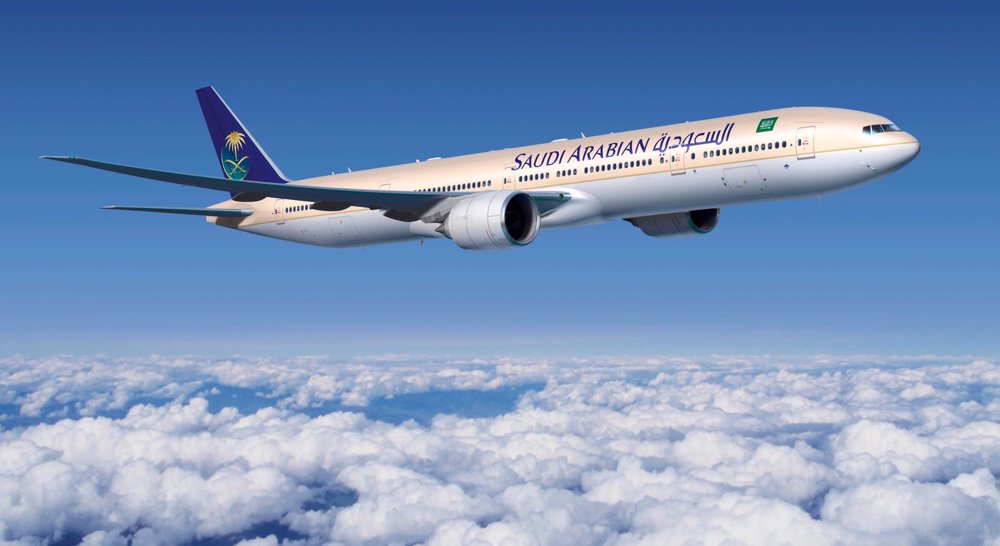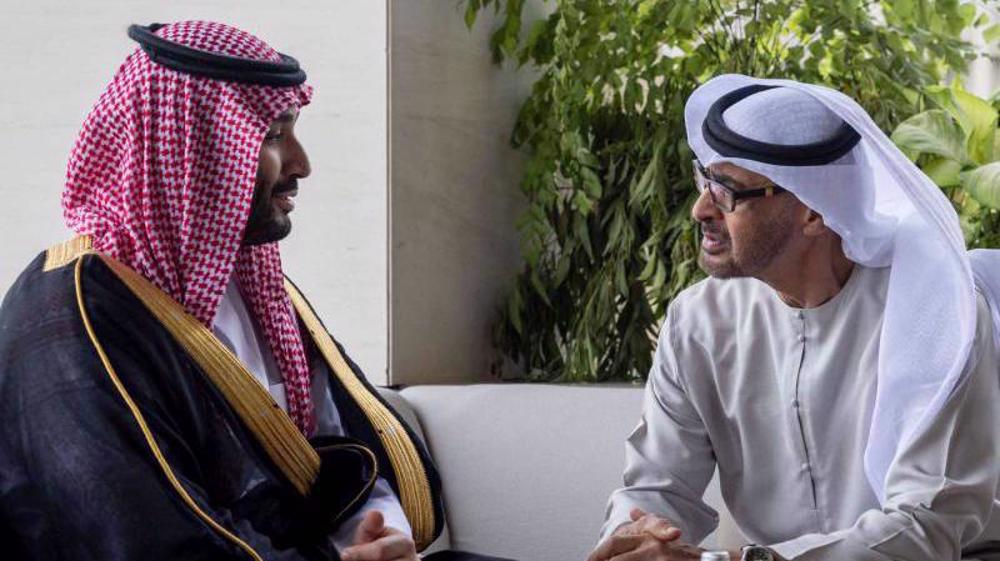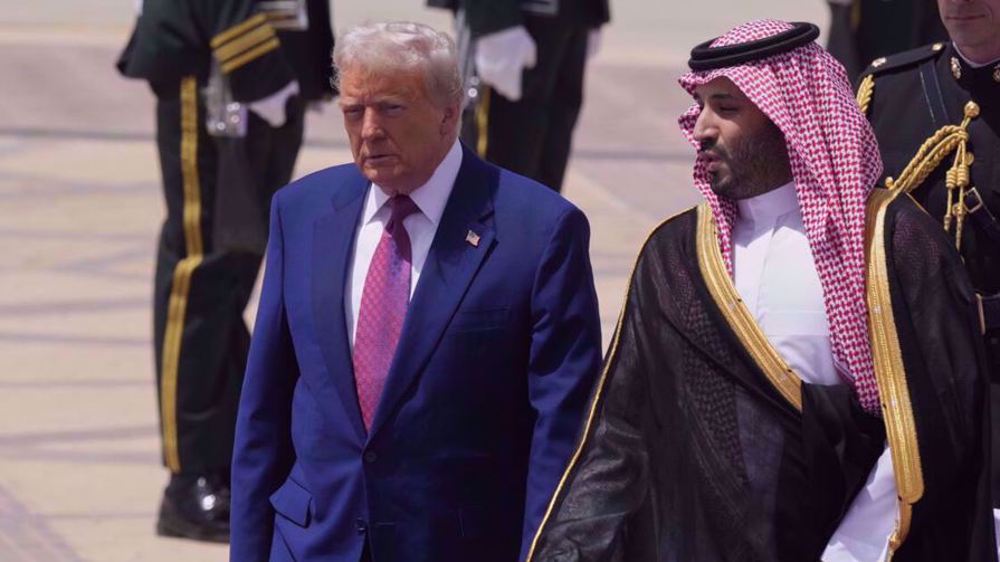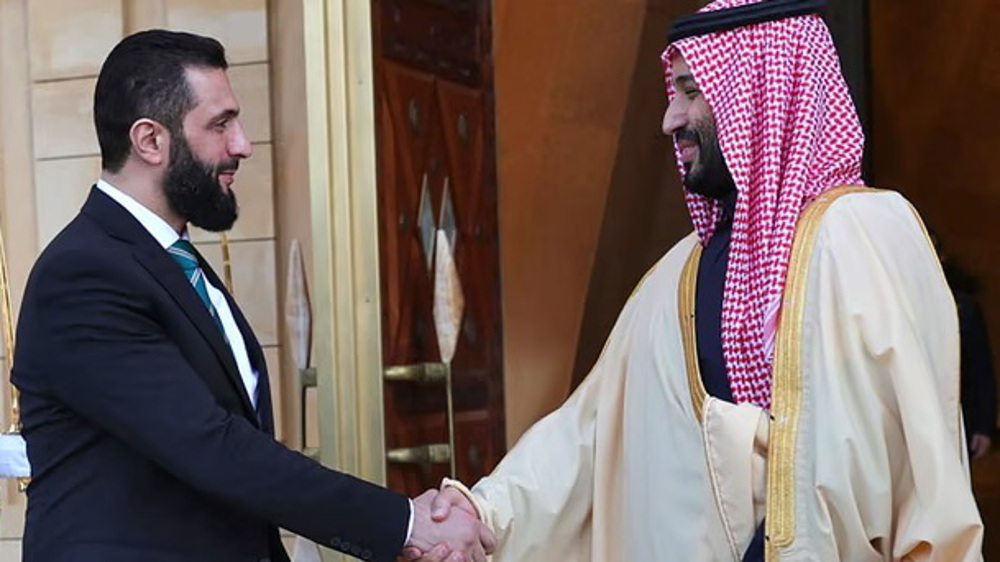Saudi Arabia to permit overflights from Israel, direct travel for Hajj pilgrimage: Report
Saudi Arabia is reportedly planning to allow the entire commercial flights to and from Israel to use the kingdom’s airspace, and also to provide charter flights for Muslims in the occupied territories during the annual Hajj pilgrimage amid US push to broker a normalization deal between the Tel Aviv regime and Riyadh.
Citing people familiar with the matter, a CNN report on Wednesday said Saudi Arabia was preparing to make the announcement this week as US President Joe Biden visits the region on an official state trip that would include a direct flight from Israel to Jeddah on Friday.
“Saudi Arabia is expected to announce this week that it will allow all commercial flights to and from Israel to use its airspace" and allow the Muslims in the occupied territories "to take charter flights directly to Saudi Arabia to participate in the Hajj, the annual pilgrimage to Mecca,” the report said.
The overflight approval was said to significantly shorten journeys from the occupied territories to India, China and elsewhere.
The CNN report also said Biden would fly directly to Saudi Arabia from Israel, a move that the US president described as a "small symbol of the budding relations" between the two countries as well as “steps toward normalization.”
Biden touched down in Israel on Wednesday for his first trip to the occupied territories as the US president, and was welcomed by the regime’s caretaker PM, Yair Lapid, former PMs Naftali Bennett and Benjamin Netanyahu, and Israeli president Isaac Herzog.
The US president is to spend two days in occupied al-Quds for talks with Israeli leaders before heading to the West Bank, where he will meet Palestinian President Mahmoud Abbas on Friday.
Afterward, he will take a direct flight from Israel to the Saudi Arabian port city of Jeddah on the Red Sea for talks with Saudi officials and to take part in a summit of Persian Gulf allies.
Biden is scheduled to meet Saudi crown prince Mohammed bin Salman and other regional leaders during the high-profile visit, amid speculation that Biden will be aggressively pushing for normalization between Riyadh and Tel Aviv.
The United Arab Emirates, Bahrain, Sudan and Morocco in 2020 became the first Arab countries in decades to normalize relations with Israel in a deal brokered by former US President Donald Trump.
Saudi Arabia is yet to jump on the bandwagon, but the two sides have seen growing contacts and de-facto rapprochement in recent years, despite claims that it is committed to the 2002 so-called Arab Peace Initiative, which conditions normalizing ties with Israel on the establishment of an independent, sovereign Palestinian state within the 1967 borders.
The kingdom in November 2020 granted permission for Israeli airlines to use its airspace, hours before the first Israeli flight to the UAE was set to take off.
Palestinian leaders, activists and ordinary people have repeatedly rejected Arab-Israeli normalization deals as “a stab in the back of the Palestinian cause and the Palestinian people.”
Israeli media: US set up Iron Dome batteries in Saudi Arabia in 2020
Meanwhile, Lebanon's al-Manar television network cited the Israeli regime's Channel 11 as saying on Thursday that the US had set up two Iron Dome batteries in Saudi Arabia in 2020 to defend the kingdom’s Aramco oil refinery against Yemen’s retaliatory attacks.
“The Americans installed two Israeli Iron Dome batteries in Saudi Arabia two years ago to protect Aramco fields from Yemeni attacks with missiles and drones,” al-Manar said.
Saudi Arabia’s Aramco oil company, which serves as the backbone of the kingdom’s economy, has on several occasions come under attacks from Yemeni forces in reprisal for the years-long Saudi aggression against the impoverished country.
The Yemeni forces have never ceased their defensive activities throughout the entire course of the war that the kingdom and its allies launched in 2015 to return power to Yemen’s former pro-Riyadh government.
The war has stopped well short of all of its goals, despite killing hundreds of thousands of Yemenis and turning the entire country into the scene of the world’s worst humanitarian crisis.
Iran’s attacks on US bases ‘legitimate’ response to source of aggression: Araghchi
IRGC targets US intelligence centers, military depots in 11th wave of attacks
US-Israeli attacks damage 5 hospitals, medical centers in Iran: MP
Unlike US, Iran prepared for a long war: Security chief
Missile sirens will never stop in Israeli-occupied territories, Iran warns
Leader’s martyrdom will drive Iran to greater dignity and victory: Senior cleric
Iran calls on IAEA to condemn fresh US-Israeli attacks on nuclear site
Murder of innocence: Israeli-US aggression on southern Iran school killed 165 children










 This makes it easy to access the Press TV website
This makes it easy to access the Press TV website